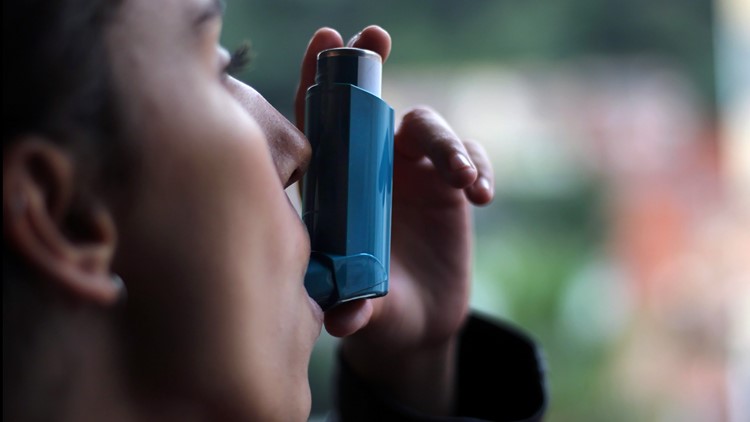TAMPA, Fla. — We all know someone who struggles with asthma. But, according to scientists, those who suffer the most are Black and Latin American patients.
To address this disparity, researchers at the University of South Florida decided to study a new type of treatment for those with moderate-to-severe asthma.
It's called single maintenance and reliever therapy and it combines two types of asthma medications into one inhaler. The treatment has seen an increased interest by medical professionals but researchers say no studies have been done to focus on the Black and Latin American populations.
According to USF scientists, Black and Latin American asthma patients experience higher rates of asthma-related emergency room visits and hospitalizations. Patients also double the asthma death rates compared to white patients.
Luckily, USF researchers decided to conduct a study hoping to find if the new treatment could help Black and Latin American patients. What they found was that the treatment helped reduce severe asthma attacks, improved asthma control and quality of life overall – missing fewer days of school or work.
The trick, researchers say, was creating a symptom-driven approach. An inhaled corticosteroid was used to help control chronic inflammation of asthma while, at the same time, an inhaled reliever medication was used to ease severe flare-ups.
"Many patients are prescribed complicated regimens of controller medications to be taken daily, even on days when they experience no need for a fast-acting medication to open their constricted airways," Dr. Cardet, the study's co-author, said in a news release.
"In real life, patients may or may not adhere to that regimen when they’re feeling OK, but they will use their medications when symptoms arise."



